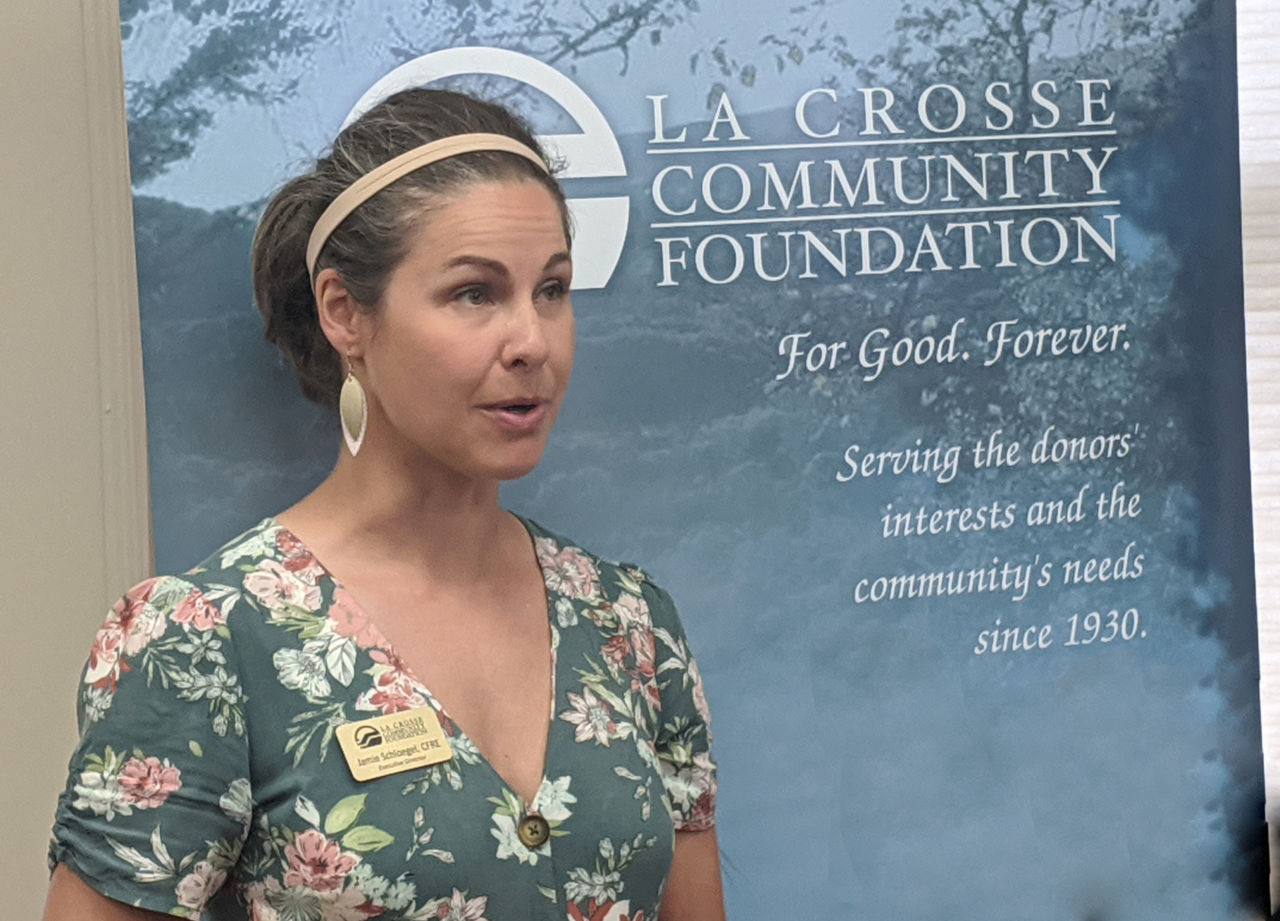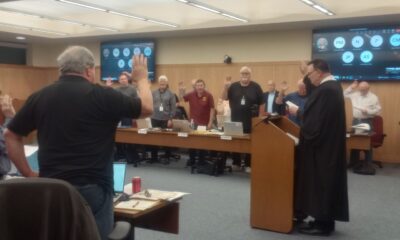Good News
La Crosse Community Foundation offers grants to help local nonprofits survive COVID-19

Financial stability in the year 2020 has been challenging for businesses and nonprofits alike, which is why the La Crosse Community Foundation announced a new phase of grant funding to support La Crosse County nonprofits recover revenue.
Up until this point, the foundation was in phase one of its response to the COVID-19 pandemic. The La Crosse Area Emergency Response Fund was launched in partnership with Great Rivers United Way March 18 and raised more than $1,000,000 in new gifts to utilize in rapid response grants for nonprofits.
The new Emergency Survival Grant program announced Wednesday is phase two of that plan.
“Typically, our competitive grant-making dollars are used to support new programs or expand and enhance existing services that are helping to build a great quality of life for La Crosse County,” Jamie Schloegel, executive director of the La Crosse Community Foundation said. “There is no greater need right now for our target audience than helping nonprofits recover lost revenue.”
The foundation has $470,000 to award in grants yet in the year 2020 and anticipates much of the funding will be awarded in emergency survival grants. Funding applications will be considered in the foundation’s quarterly grant cycle alongside applications for standard and mini-grant requests.
On top of that funding, there is another $262,000 potentially available to organizations through grants from donor-advised funds.
“Our focus in the next two grant cycles is helping nonprofits make it through the current crisis,” Schloegel said. “This shouldn’t discourage nonprofits from submitting other grant requests, but we will not be prioritizing new projects for the remainder of the year.”
The program supplements the La Crosse Area Emergency Response Fund created by the foundation and great Rivers United Way in March. The emergency fund provides support to La Crosse County nonprofits, helping people most directly affected by business closures that accompanied Wisconsin’s Safer at Home order.
To date, about $750,000 of the more than $1 million has been allocated. Fundraising for the emergency fund continues.
“Area nonprofit organizations are suffering,” Rick Kyte, chair of the La Crosse Community Foundation grants committee said. “Like private businesses, their ability to bring in revenue has been limited, and major fundraisers – that in the past closed the gap between revenue and expenses – have had to be canceled.”
Schloegel noted the loss of regular revenue streams comes at the same time organizations now have to worry about personal protection equipment, hand sanitizer, cleaning supplies, and more.
“All of this comes at a time when nonprofits are facing significant and often expensive changes in order to deliver services to people who need them now more than ever,” Schloegel said. “We must do everything we can to help our nonprofits outlast the pandemic.”
Arts organizations were particularly impacted by events canceling. Schloegel said in phase one, they were able to support human services and health-related organizations to help the community meet basic needs.
“But we haven’t been able to support all of the other wonderful nonprofit organizations in the arts, the environment, things that are a huge part of what makes La Crosse a wonderful place to call home. This is an opportunity to support those needs.
Nonprofits that will be considered for the Emergency Survival Grant Program will need to prove that they’ve lost significant revenue because of the pandemic and that they need support.
Application deadlines are July 15 and October 15. Organizations that need resources more immediately will be prioritized in the first round of applications.







